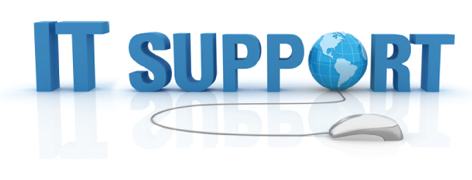- post by: Matt Simon
- June 06, 2016
Using Information Technology in the Fight for Literacy
Similar to how best IT support Baltimore companies use technology in pushing the Canadian economy positively, information technology is now a key element in improving literacy in underdeveloped countries. Like a plague that has long held developing countries from the path of progress, illiteracy has been a constant challenge that is yet to be resolved. Even at a time when education is accessible, high illiteracy rates continue to persist.
The use of technology has been excessive in various sectors all aimed to improve industries and the lives of societies around the globe. Audio books and voice command prompts have been optimized to help blind people enjoy the same functionality that ordinary people have. Elevators allow easier transport for people who have impairment in walking, and more and more people with certain disabilities are beginning to live a normal life.
The Literacy Bridge is a non-profit organization dedicated to its mission in helping poor villages in developing countries. Their vision is to improve the lives of the communities they serve using technology as means for learning. The picture is clear for the organization: the bodies of knowledge are already developed in first world countries but the means to bridge the knowledge to the underserved population is made impossible by illiteracy.
As part of Literacy Bridge’s mission, they exerted efforts to develop a solution to VoIP hacking and to finally cross the challenge that divides them from their goal. The solution came in an audio technology designed to deliver information to people who are unable to read. Talking Book was designed with a simple interface allowing easy navigation through voice prompts and commands.
Knowledge is what makes people more capable of developing skills. Skills are what make communities capable of having a source of livelihood. Only with a sustainable income can villages in poverty get a chance of improving their state. The common problem with the status quo is that the means to bridge knowledge and bring new skill and eventual income to the underserved has been overlooked by governments around the globe. Talking book aims to bridge that gap and to create means to make knowledge available for poor population groups.
Talking book served more than just one purpose. Other than affording the community a means of gaining knowledge, it has also served as a vessel to improve the health of the people. Health promotion and disease prevention are concepts that are difficult to learn individually. It is even more difficult to instill a pro-health culture to a whole community. Talking Book aims to solve this by providing re-playable health teachings accessible at the convenience of its users.
It is not yet certain that Talking Book will resolve the problem of illiteracy and its impact to the slowing progress of third world countries. With distribution widely reliant on donations from various benefactors all over the world, the extent of its delivery and future impact cannot be fully assessed. The only certain thing at the moment is that the development of Talking Book has finally put technology to good use.







